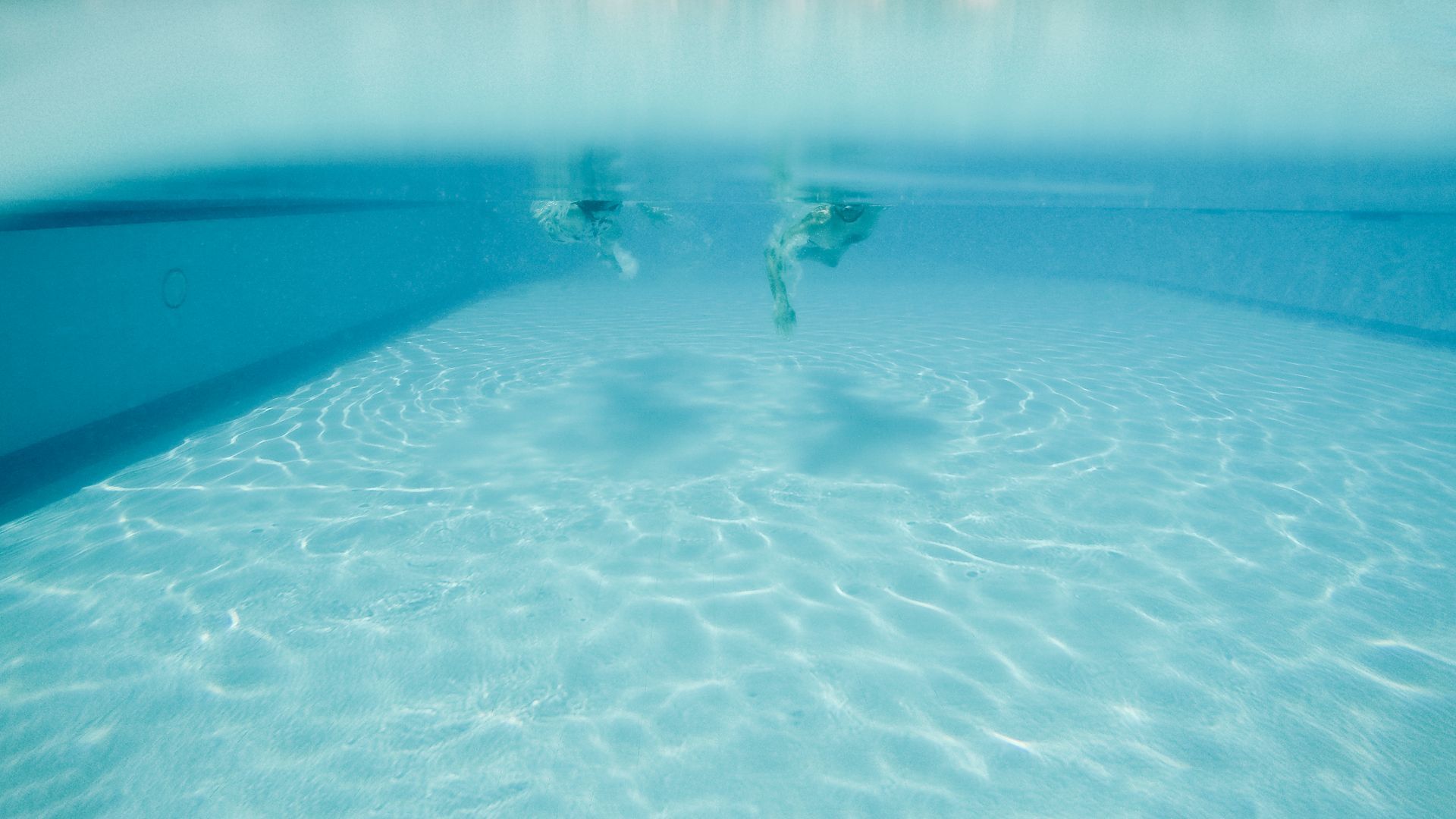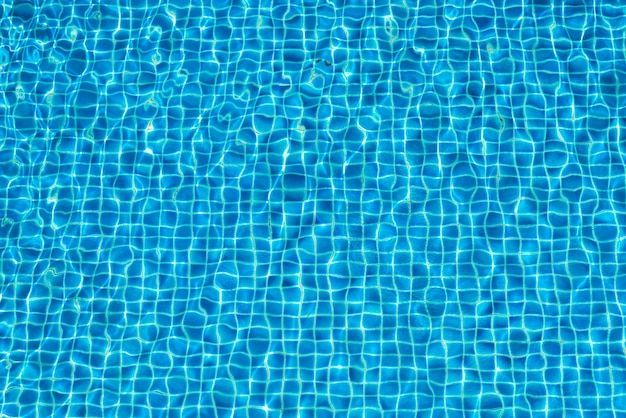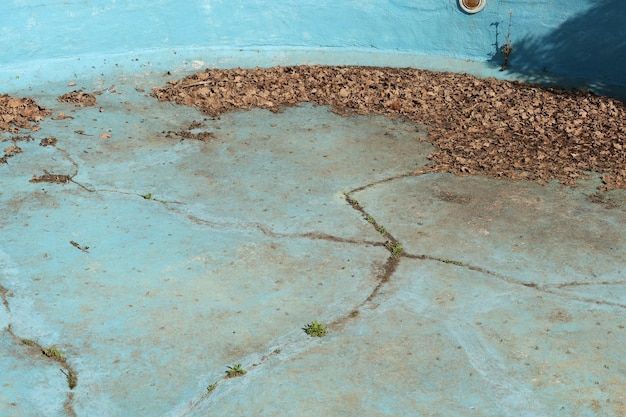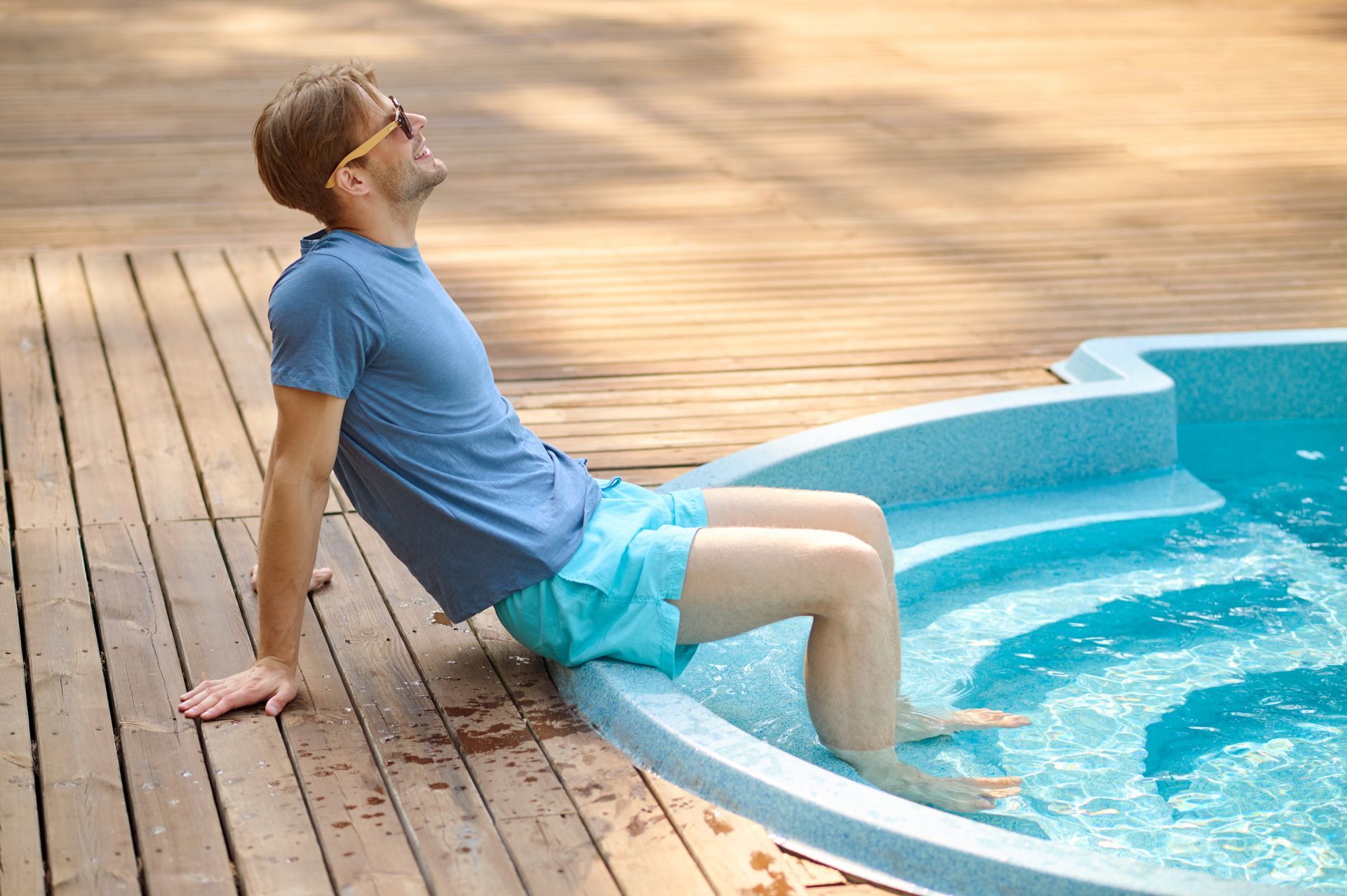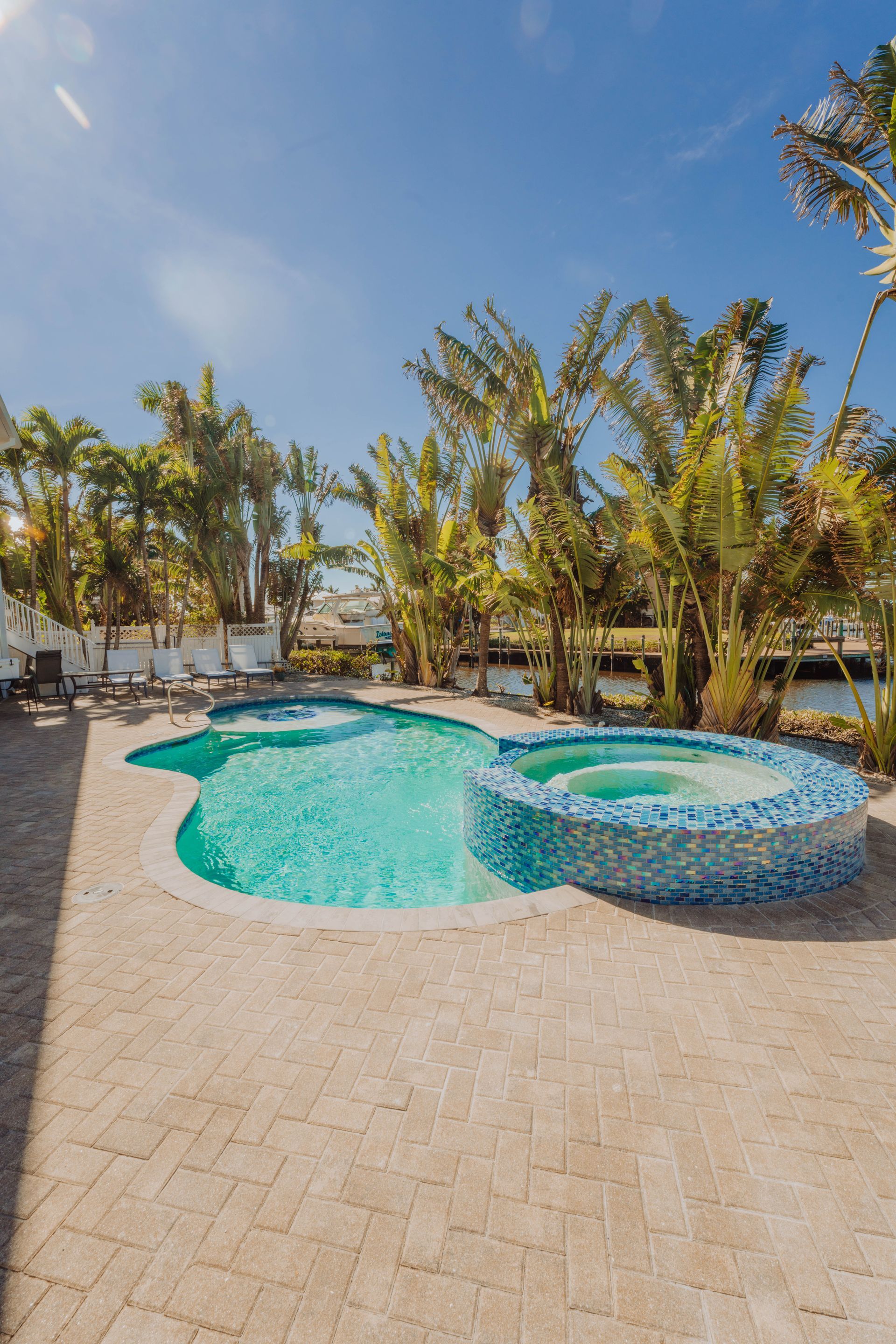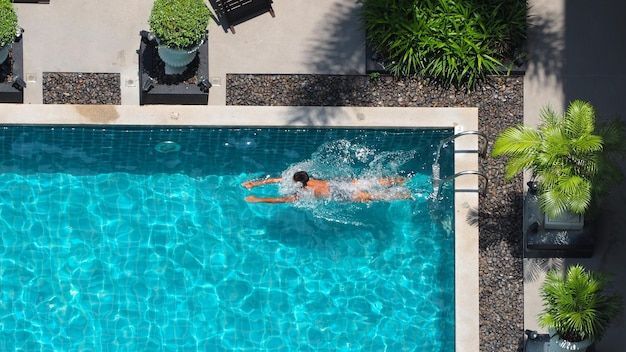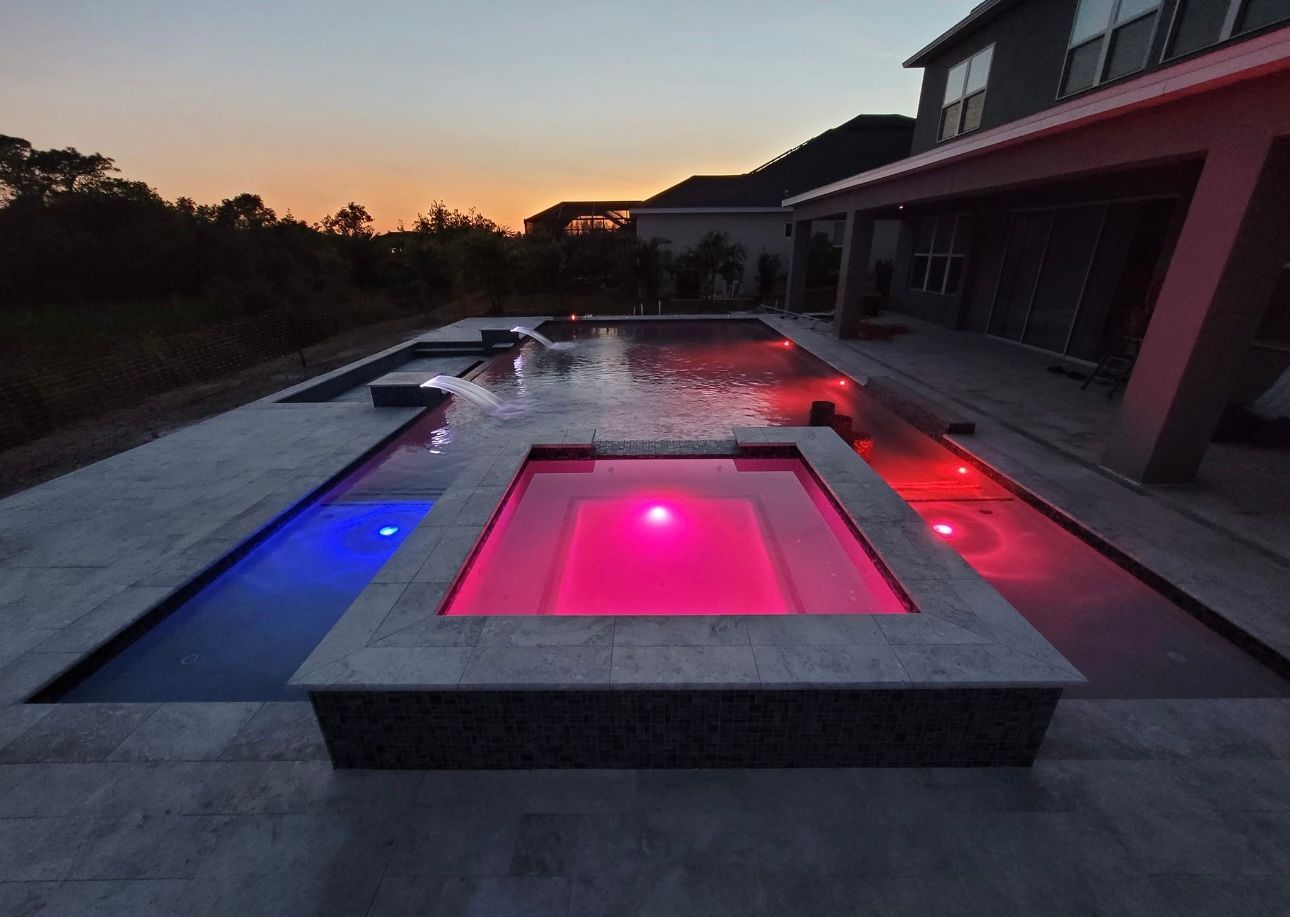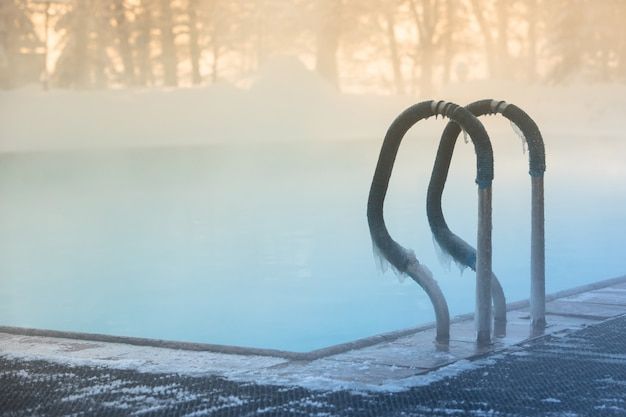SALT WATER VS TRADITIONAL CHLORINE SYSTEMS: WHICH IS BETTER FOR YOUR POOL?
How Traditional Chlorine Systems Work
Traditional chlorine systems operate through a straightforward process of water disinfection. These systems typically use either liquid chlorine, chlorine tablets, or gas chlorine that is added directly to the water. When chlorine is introduced, it forms hypochlorous acid which attacks harmful bacteria, viruses, and other microorganisms. This chemical reaction sanitizes the water, making it safe for human use. The residual chlorine continues to provide ongoing protection against new contaminants that may enter the water system.
Understanding Salt Water Chlorination
Salt water chlorination uses electrolysis to convert dissolved salt into chlorine, creating the same sanitizing compounds as traditional systems but automatically and more consistently. These pools maintain low salt levels and eliminate the need for manual chlorine addition, offering a more modern approach to pool sanitization.
Basic Differences Between Both Systems
- Traditional chlorine systems require manual addition of chemical chlorine and more frequent monitoring, while salt chlorination generates chlorine automatically through electrolysis, needing less day-to-day maintenance.
- Salt systems have higher initial installation costs but lower long-term operational expenses, whereas traditional systems cost less upfront but require ongoing chemical purchases.
- Salt chlorination provides more consistent sanitization levels and gentler water chemistry, while traditional systems can experience more fluctuating chlorine levels that may irritate skin and eyes.
- Traditional systems store and handle chemical chlorine directly, while salt systems only require safer salt storage and produce chlorine as needed from the salt water.
Benefits of Salt Water Pool Systems
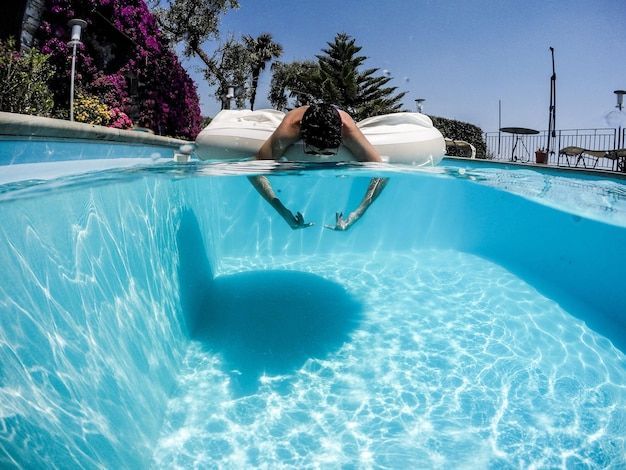
Lower Maintenance Requirements
Salt water pool systems significantly reduce daily maintenance tasks compared to traditional chlorine pools. Here's what makes them easier to maintain:
- Weekly testing instead of daily chemical checks
- No need to buy, store, or handle chlorine products regularly
- Automated chlorine generation eliminates manual chemical additions
- Simple maintenance includes occasional salt cell cleaning (every 3-6 months)
- Salt cell replacement needed only every 3-7 years
Gentler on Skin and Eyes
Salt water pools provide a more comfortable swimming experience through several benefits:
- Softer, silkier feeling water that's gentler on skin
- Reduced eye irritation due to lower chloramine levels
- Less skin dryness and irritation after swimming
- Minimal impact on hair color and texture
- Better preservation of swimsuit fabrics and colors
Consistent Chlorine Levels
The automatic nature of salt systems ensures steady sanitization levels:
- Continuous chlorine generation through electrolysis
- No dramatic fluctuations in chlorine levels
- Better prevention of algae and bacterial growth
- Self-adjusting system based on pool usage
- Reduced need for shock treatments
- More stable water chemistry overall
Environmental Impact
Salt water systems offer several eco-friendly advantages:
- Fewer plastic containers and chemical packaging waste
- Reduced chemical byproducts compared to traditional systems
- Lower risk of chemical spills and improper disposal
- Salt is a natural mineral that can be reused for years
- Minimal need for chemical transportation and storage
- More sustainable long-term pool maintenance solution
Advantages of Traditional Chlorine Systems
Traditional chlorine systems remain attractive due to their cost-effective setup:
- Lower upfront installation costs - no expensive salt chlorinator needed
- Basic equipment requirements with fewer specialized components
- Simple plumbing setup without additional electrical work
- More affordable replacement parts when needed
- Lower initial investment for new pool owners
Fast-Acting Sanitization
Traditional chlorine provides rapid response to water quality issues:
- Immediate action against contaminants and bacteria
- Quick solution for cloudy water conditions
- Effective shock treatment capabilities
- Fast recovery after heavy pool usage or storms
- Direct control over sanitization levels
Familiarity and Widespread Support
The established nature of chlorine systems offers several advantages:
- Pool professionals everywhere understand these systems
- Easy access to parts and chemicals at any pool store
- Extensive knowledge base for troubleshooting
- Numerous service providers available
- Well-documented maintenance procedures
- Decades of proven reliability
Equipment Longevity
Traditional systems often demonstrate superior durability:
- Less corrosion on pool equipment and surfaces
- Standard pool pumps and filters last longer
- No salt cell replacement costs
- Reduced risk of electrical component failure
- Lower impact on pool fixtures and lighting
- Better preservation of stone and masonry features
Cost Comparison
Traditional Chlorine System:
- Basic equipment costs: $900 for chemical feeders
- Installation labor: Minimal, often under $250
- Initial chemical kit: $100-$200
- Storage containers and testing equipment: $50-$150
Salt Water System:
- Salt chlorinator unit: $1,000-$2,000
- Professional installation: $300-$500
- Initial salt purchase: $200-$400
- Additional electrical work: $300-$400
- Required plumbing modifications: $100-$300
Making the Right Choice for Your Pool
Before making your decision, evaluate these key points:
Personal Use Factors:
- Pool usage frequency and number of swimmers
- Sensitivity to chlorine among regular users
- Available time for pool maintenance
- Local climate and swimming season length
- Budget for both immediate and long-term costs
Property Considerations:
- Age and condition of existing pool equipment
- Type of pool surface and decorative features
- Local water quality and hardness
- Available space for chemical storage
- Electrical system capacity for salt chlorinator
Common Misconceptions
About Salt Systems:
- Myth: Salt water pools don't use chlorine
- Truth: They produce chlorine through electrolysis
- Myth: Salt water pools are maintenance-free
- Truth: They still require regular monitoring and care
- Myth: Salt systems are too expensive
- Truth: Higher upfront costs but potential long-term savings
About Traditional Systems:
- Myth: Traditional pools are always harsh on skin
- Truth: Properly maintained pools can be comfortable
- Myth: Manual chlorination is unreliable
- Truth: Consistent maintenance provides stable results
- Myth: Traditional systems are outdated
- Truth: They remain effective and economical for many situations
For expert guidance on choosing the perfect pool sanitization system for your specific needs and preferences, contact Gold Standard Pools today. Our experienced technicians will help you evaluate your options and make an informed decision, ensuring your pool maintenance is as efficient and enjoyable as possible. Let us help you create the ideal swimming environment for you and your family.
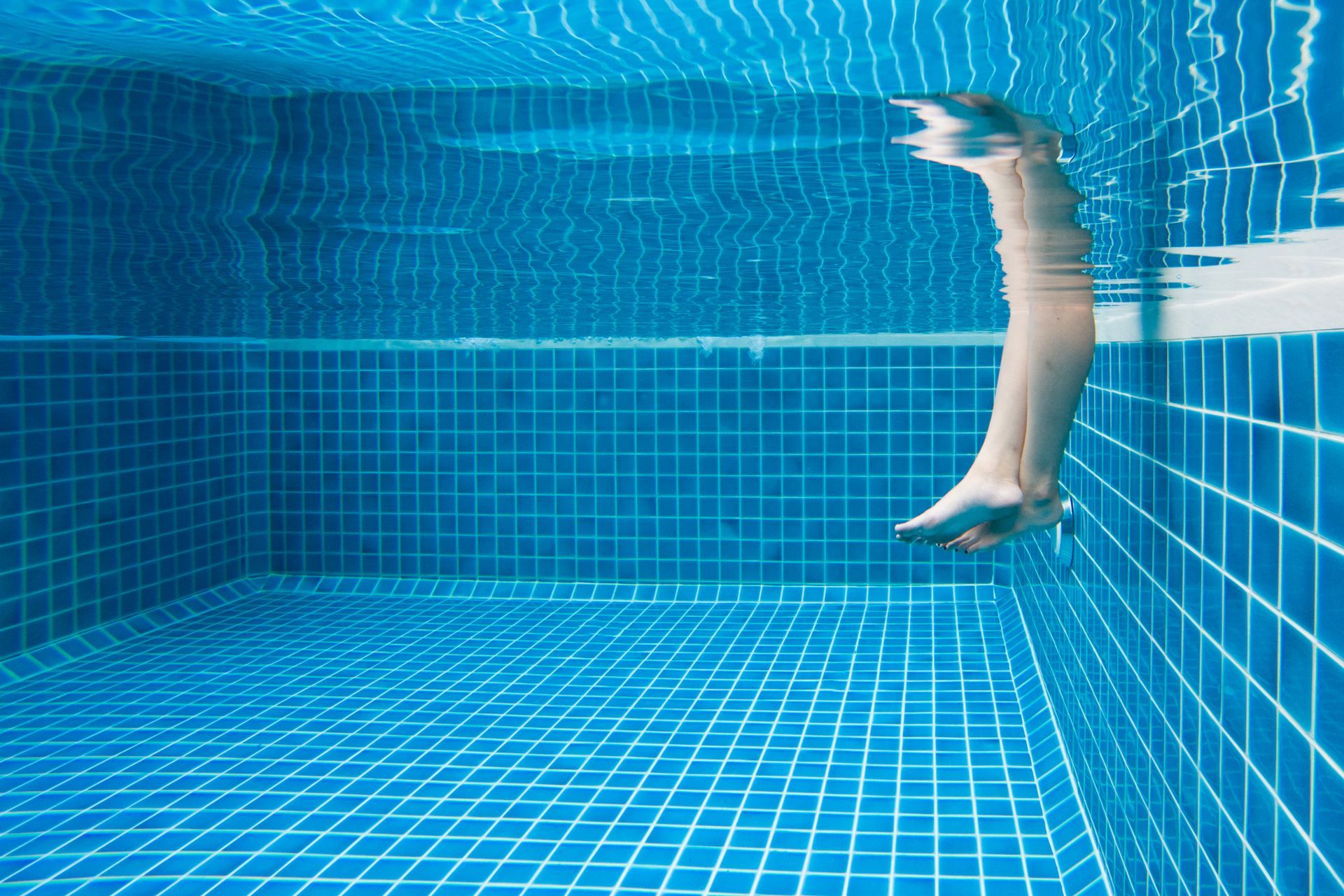
BUSINESS HOURS
- Mon - Fri
- -
- Sat - Sun
- Closed
BUSINESS HOURS
- Mon - Sat
- -
- Sunday
- Closed
All Rights Reserved | Gold Standard Pools Construction & Renovations


